All Stories
-
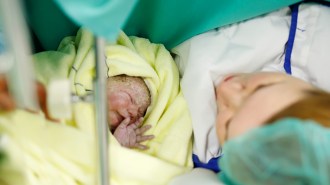 Humans
HumansBabies born by C-section have more potentially infectious bacteria in their guts
Microbial mixes in babies’ guts differ depending on birth method.
-
 Health & Medicine
Health & MedicineMucus prevents hand sanitizers from quickly killing the flu
Flu viruses can hold out for minutes against ethanol when encased in wet mucus.
-
 Astronomy
AstronomyHow an astrophysicist chased a star from the Halo games to real life
Julián Alvarado Gómez has devoted his career to a star called Iota Horologii. His former life as a Halo video gamer helps fuel that devotion.
-

Finding the stories and growing the next crop of science journalists
Editor in Chief Nancy Shute discusses how an intern wrote about 3-D printed guns.
By Nancy Shute -

Readers contemplate climate change and neural connections
Readers had questions about neurons and carbon-absorbing algal blooms.
-
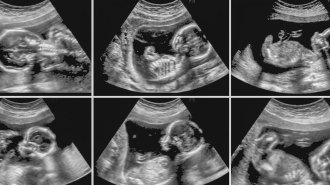 Health & Medicine
Health & MedicineAir pollution can reach the placenta around a developing baby
A small study of women living in Belgium found soot embedded in their placental tissue.
-
 Space
SpaceThe Milky Way’s supermassive black hole reached record brightness this year
The big black hole at the center of the galaxy recently flared twice as bright as ever seen before in near-infrared wavelengths.
-
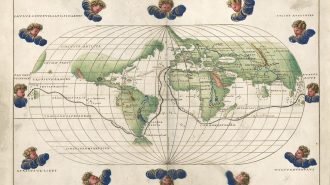 Science & Society
Science & SocietyHow circling the globe has evolved in the 500 years since Magellan’s famous trip
Humankind has found new and improved ways to circle the globe in the five centuries since Magellan set sail.
-
 Math
MathA new book shows how not to fall for dubious statistics
Skipped statistics in school and wonder what you missed? David Spiegelhalter’s ‘The Art of Statistics’ has got you covered.
-
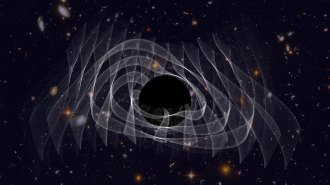 Physics
PhysicsGravitational waves from a ringing black hole support the no-hair theorem
A new study of gravitational waves from merging black holes agrees with the predictions of the general theory of relativity.
-
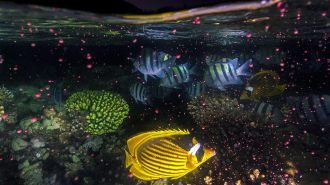 Life
LifeClimate change may be throwing coral sex out of sync
Several widespread corals in the Red Sea are flubbing cues to spawn en masse.
By Susan Milius -
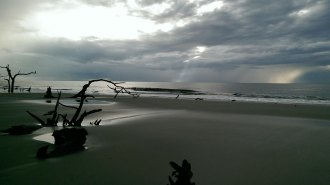 Humans
HumansAn island grave site hints at far-flung ties among ancient Americans
Great Lakes and southeastern coastal hunter-gatherers had direct contact around 4,000 years ago, a study suggests.
By Bruce Bower